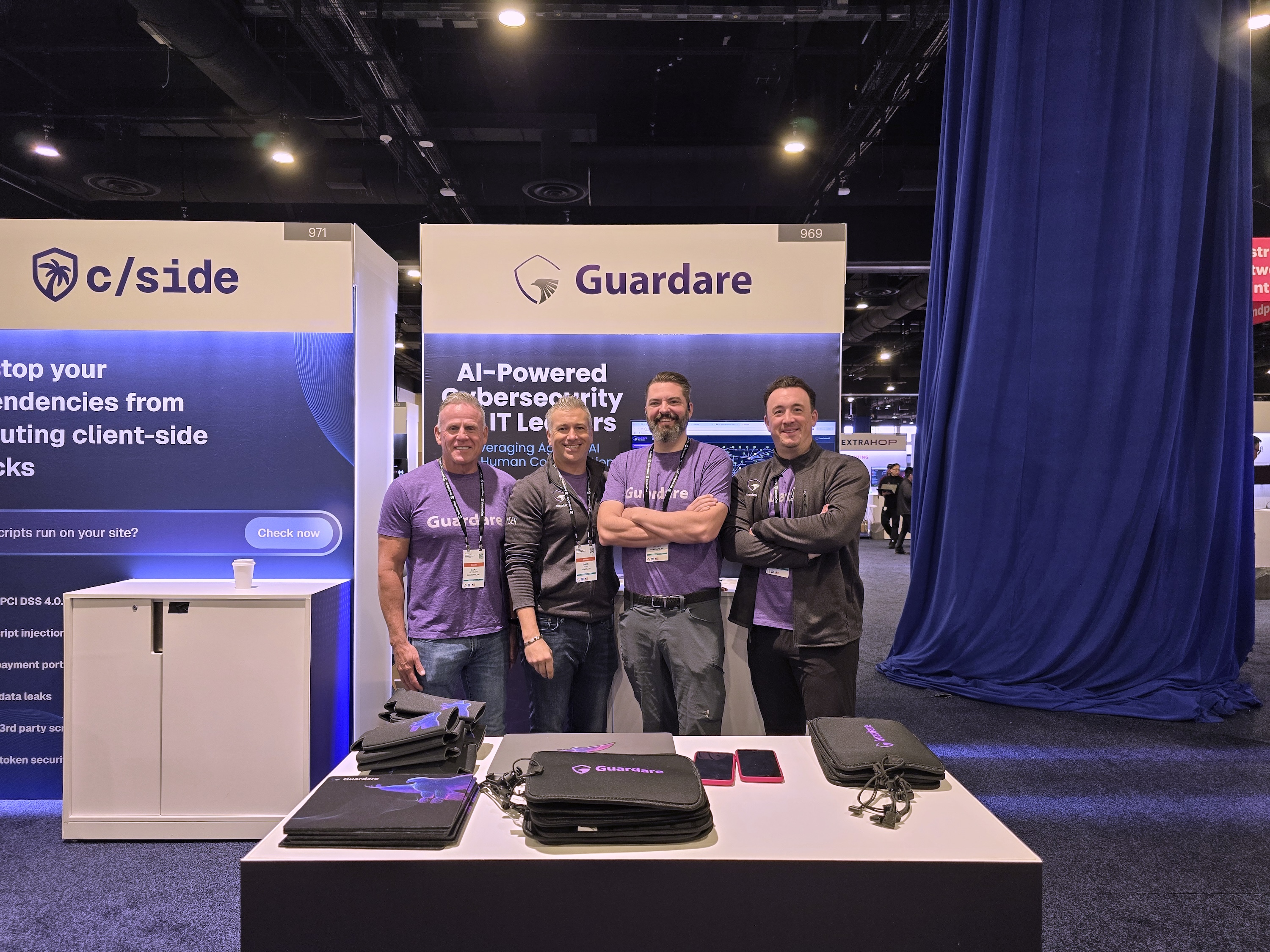The average cost of a data breach in 2025 is estimated to be $4.4 million, but for Managing General Agents (MGAs), the risk (and the potential amount spent) compounds. These companies manage both policyholder data and carrier data, acting as a liaison between both parties. This makes them a high-value target for expensive, company-destroying cyberattacks.
As such, the insurance industry finds itself caught in a "perfect storm" of risk vs. value when it comes to cybersecurity and insurance. However, with any challenge comes opportunity. The global cyber insurance market totaled $14 billion in 2023 and is estimated to increase to $29 billion by 2027.
This trend leads experts to the conclusion that enhanced cybersecurity for insurance agencies will create a positive feedback loop of growth, resulting in better security for all, lower premiums for customers, and increased competitiveness in the market.
MGAs are at a unique point in the market, as their security posture empowers insurance carriers to bring this momentum forward to consumers, potentially making cyber insurance more affordable and accessible to those who otherwise couldn't afford coverage.
Read on to learn more about the cybersecurity and insurance transformation-in-progress championed by MGAs, and the ripple effect that each seemingly small step forward is creating at a global scale.
The Current State of Insurance Cybersecurity
While breaches can affect any entity, cyber insurance claims due to breaches are most commonly found across the healthcare, IT, insurance, and retail industries (in that order). Additionally, the two most common claim triggers were malicious data breaches and accidental data breaches across industries, highlighting a further need for a stronger cybersecurity posture and employee awareness at every level of the insurance process.
MGAs servicing those industries should take note, as their enforcement of cybersecurity best practices could limit the “full-circle” effect seen between insurers and policyholders, as cyber incidents drive costs up for all.
To be clear, addressing these risks is not an altruistic goal. Instead, it’s an industry imperative. Cyber incidents like these drive up claims, insurance companies raise premiums, and costs eliminate the prospect of cybersecurity insurance for thousands of more potential policyholders with each incident. If left unchecked, this cycle is and will be catastrophic. And yet, the critical link between SMBs, MGAs, and cybersecurity for insurance agencies isn’t discussed nearly enough, if at all.
It doesn’t have to be this way, though.
What if MGAs and carriers could come together to flip the cybersecurity script?
Translating cybersecurity as a competitive advantage rather than a cost center is the first step to a successful transformation that would have lasting, multi-generational effects.
A Cyber-Resilient Insurance Ecosystem Is In Reach
We understand: Translating this mindset shift from advantage to cost center is easier said than done. But the numbers create a pretty compelling argument for investment.
Organizations demonstrating robust cybersecurity practices can contribute to lowered cyber insurance premiums, averaging 50-60% savings depending on other key factors (like data volume and company size). The monthly rate of payment compared to the staggering cost of a breach makes a compelling case for most SMB cybersecurity efforts, whether or not they’ve begun.
MGAs also have a vested interest in cybersecurity, especially cybersecurity for insurance agencies. Carriers prioritize partners that have native and comprehensive cybersecurity frameworks, as they contribute to expanded binding authority, a more efficient and secure underwriting process, and profitable product lines. Translated, this looks like more profit for MGAs and ultimately, a higher level of recurring investment in cybersecurity as time goes on and the ROI is proven.
Both of these areas of transformation create a ripple that empowers SMB cybersecurity initiatives and secures the landscape for all. When insurance becomes more affordable, small businesses are able to reinvest in other areas of cyberdefense—further reducing insurance costs, claims, and empowering insurance carriers to reduce premiums at a more frequent pace.
While this cycle is positive, self-reinforcing, and transformative across industries, we do acknowledge that no system is truly "perfect." Breaches will still happen despite every entity's effort and intention, and claims will still be filed.
However, even in these cases, data suggests that organizations that are able to fully invest in and leverage MDR (managed detection and response) tools see cyber insurance claims that are 97.5% lower than those relying on basic endpoint protection.
Even in these "worst-case scenarios," enhanced cybersecurity that starts with MGAs and insurance carriers serves as a catalyst for positive change and a more secure landscape overall.
Takeaway
Ready to do your part to help create a better security environment for all? Early adopters of this security transformation stand to gain first-mover advantages with carrier relationships and market positioning—so there’s no better time to take action.
At Guardare, we understand that this transformation requires the right approach (and tools) to become an ROI-driving success. We also understand the unique challenges and considerations that MGAs must take to support this stage of transformation. That’s why we’ve created our tool to function as a critical differentiator that opens the doors to new avenues of partnership for MGAs, proactively identifying and prioritizing security gaps and needs against immediate risks and compliance requirements from all relevant parties for the clearest and most effective path forward.
In addition to this service, our agentic AI offers real-time security assessment and monitoring services, supporting MGAs as they move from a reactive to a proactive cybersecurity strategy. This limits the need for fiscal and time investments in the cybersecurity staff hiring process, or in the procurement of any third-party fragmented tools that don’t provide the “full picture” that you need to secure your systems.
Ready to usher in the “new era” of MGA and carrier cybersecurity?
Request a demo today and learn how Guardare can leverage your cybersecurity investment, leaving you with a clear path to success and an unbeatable competitive advantage.
.svg)















